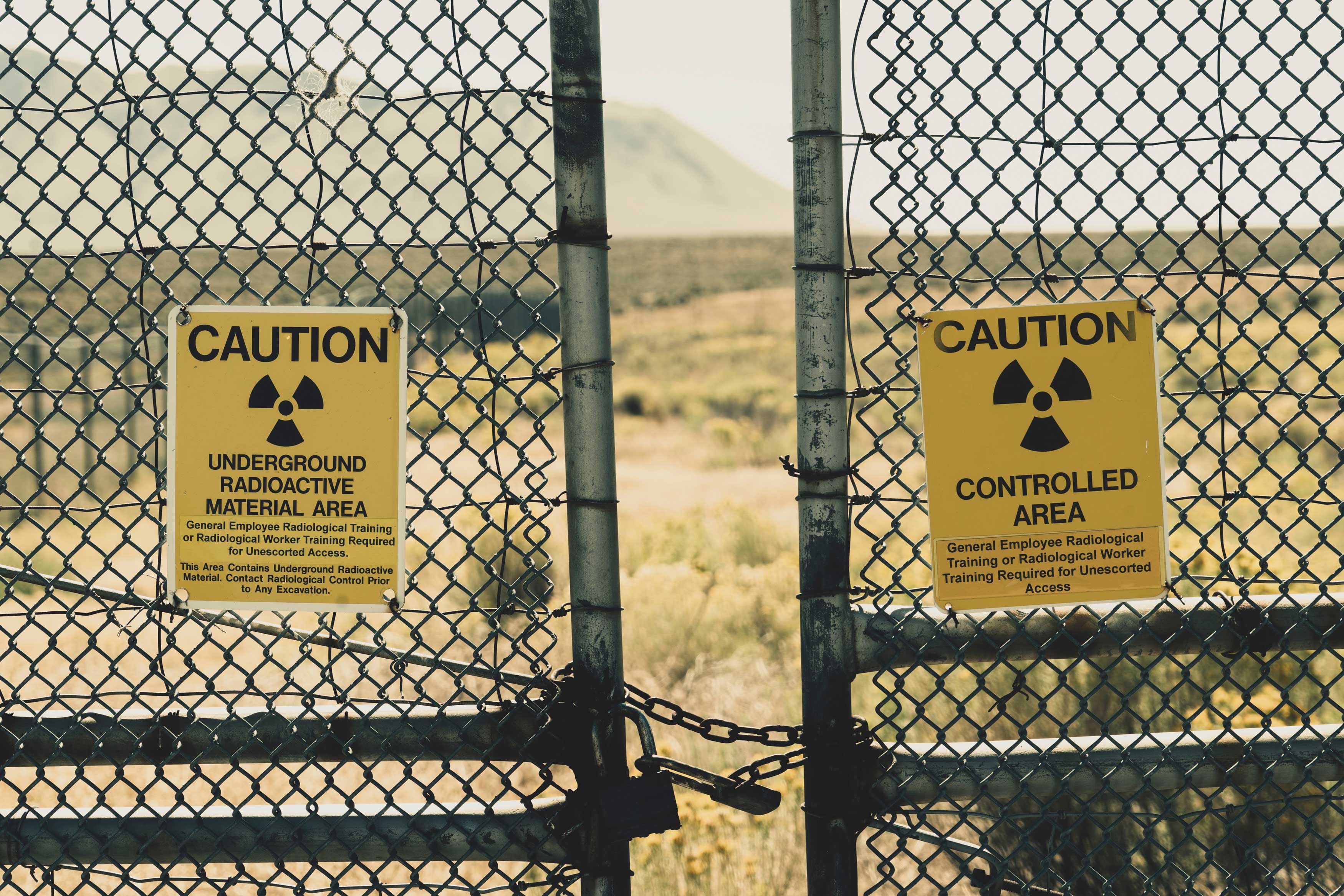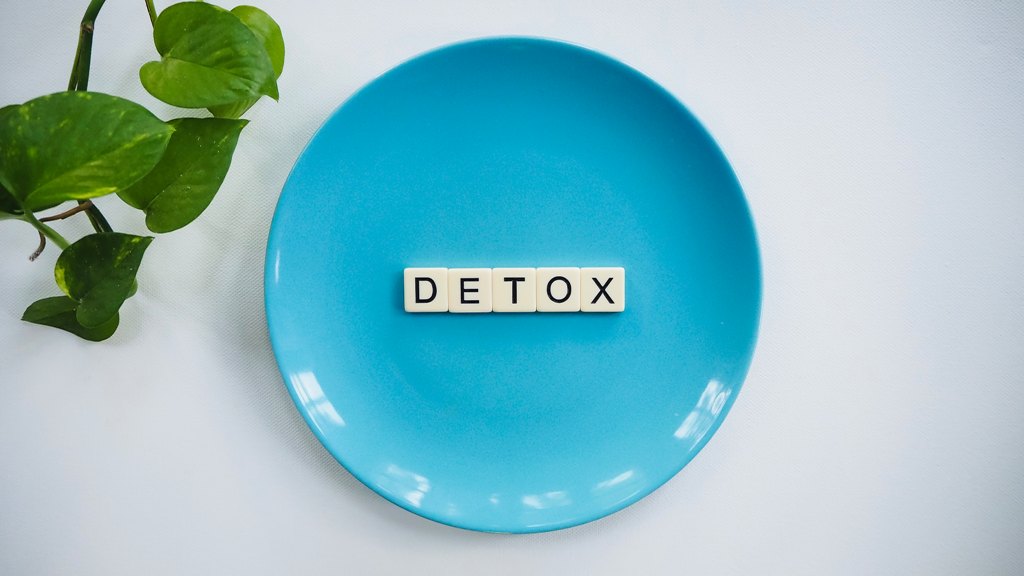What is a toxic relationship? You may not know the “official” toxic relationship definition, but perhaps something feels off. In this article, we will show you the warning signs to watch for and how to fix a toxic relationship.
The Definition of a Toxic Relationship
A toxic relationship is any relationship that tears down more than it builds up. Relationships should ideally be a give-and-take scenario on both sides. However, in toxic relationships, one person is usually taking more than they are giving, which drains the giver. Irvine Christian Counseling can help you recognize and address toxic patterns, guiding you toward healthier, more balanced relationships.

Signs of a Toxic Relationship
Look for these key signs of a toxic relationship. Whether in your marriage, family, work, or friendships, you may be experiencing toxicity in these areas.
Disrespect

Control
God gave us free will to make our own choices. When someone tries to control your choices, they are taking away your God-given freedom. This sin is often at the heart of toxic relationships. Healthy relationships need room to breathe and grow. You shouldn’t have to agree on everything to get along with someone. If they are trying to control you, whether overtly or covertly, they are poisoning your relationship.
Criticism
All of us make mistakes. But we need to show grace, compassion and forgiveness to one another when we mess up. A critical person will weaken the relationship with flaw picking. Whether the mistake is obvious or minute, a critical person will be quick to point it out. You cannot feel safe in a critical relationship. Instead, you may feel like you are walking on eggshells to avoid being torn down with criticism.
Manipulation
A manipulative person only wants his or her own way. Due to selfishness, he or she may use guilt, shaming, whining, pouting, rage, or other unhealthy tactics to wear down your resistance. By contrast, an honest person will openly ask for what they want. Manipulation places a heavy burden on a relationship.
Dishonesty
When someone lies to you about small or large matters, their actions erode trust, which is essential for relationship health. If the trust has been damaged between you and someone else, it is like a crack in the foundation of your home. You will need extensive repairs, or the entire structure could crumble.
Communication Problems
Good communication is necessary in healthy relationships. But in toxic relationships, communication is broken. Gossip, silent treatments, shaming words, and passive aggression can infect two-way communication and break it down.
Bullying

No Compromise
A toxic person is extremely selfish. He or she may insist on a “my way or the highway” approach. This selfishness allows for no compromise. If one person gets his or her way all the time, it’s a sign of a toxic relationship.
A Portrait of a Toxic Marriage
A toxic marriage may have one or more of the above signs, plus these:
Lack of Emotional Intimacy
In a toxic marriage, the partners cannot feel safe to open up to one another. Whether there is constant fighting or cold silence, toxicity is likely the cause. You cannot trust your heart to an emotionally toxic marriage partner.
Reactivity
Does your spouse press your buttons to get a reaction? If you instantly react without thinking, you are participating in a toxic cycle. Reactivity keeps the toxic cycle in motion.
Assuming the Worst
We start off marriages thinking our spouses are wonderful. Over time, spouses inevitably see each other’s flaws. But you have a choice: will you choose to overlook or confront the flaws, or constantly focus on the negatives? In a toxic marriage, one or both partners automatically assume the worst about the other, creating a negative environment.
Stonewalling
When spouses refuse to speak to one another, communication is impossible. The fabric of the marriage breaks down quickly with no communication. Stonewalling is one of the deadliest components in a toxic marriage.
How to Fix a Toxic Relationship

Take inventory
Almost no relationship problems are 100 percent one person’s fault and zero percent the other’s fault. Decide which part of the problem is yours, even if it is only 5 percent. You can deal with your percentage. Perhaps you have played the victim in your relationship.
Maybe you have not spoken up against wrongdoing or owned your choices. You can stop contributing to the problem by managing your part, and taking inventory helps you discover your responsibilities.
Respond rather than react
As noted above, reactivity is a sign of toxicity. Learn to think before you speak or act. This takes practice and coaching from a qualified counselor. For example, rather than immediately defending yourself against criticism, you can say, “I’ll think about that.” You could also count to ten or step outside to calm down to avoid reacting in anger. There are many ways to respond rather than react, and by applying them you can greatly reduce the toxicity of your relationship.
Let go of control
Even if you do and say everything correctly, with the right tone and timing, the other person may not be ready to get healthy. The only person you can control is yourself. If you choose to become healthy, do it for yourself, not as an attempt to change the other person. Let go of your need to control the outcome and trust God with your own personal growth.
Love yourself
Many people feel stuck and helpless in a toxic relationship because they do not have a healthy self-image. To get stronger, you need to focus on the truths in God’s Word. God loves you and treasures you, which makes you valuable. You can meditate on scriptures that speak about God’s love for you to build up your self-image. Then you will become stronger to fight off the toxicity in your relationship.
Set boundaries
You need to decide what behaviors you are no longer willing to tolerate and set boundaries against them. For example, you do not have to endure someone yelling at you. You can say, “I am going to leave the room until you lower your voice,” then follow through.
The other person will likely resist your boundary-setting efforts at first. You will need a strong network of support, including a Christian counselor, to help you establish and keep healthy boundaries.
Consider ending the relationship
This step requires wisdom and courage. If you have taken measures to own your part and fix the toxicity, but no progress has been made, it may be time to part ways with the other person. This is especially difficult in a marriage or family situation. Consult with a qualified counselor before ending a toxic relationship, because there may be other steps to take first.
Christian Counseling for Toxic Relationships
Toxic relationships are draining and confusing. You may not know how to fix a toxic relationship on your own. A Christian counselor at Irvine Christian Counseling can offer you an outside perspective plus practical help. Please give us a call to discuss your toxic relationship. We are ready to help.
“Depressed”, Courtesy of Dmitry Schemelev, Unsplash.com, CC0 License; “Downcast”, Courtesy of Chad Madden, Unsplash.com, CC0 License; “Heavy Laden”, Courtesy of Panos Sakalakis, Unsplash.com, CC0 License; “Light of Heaven”, Courtesy of Chad Greiter, Unsplash.com, CC0 License
-
Jennifer Kooshian: Editor
Jennifer Kooshian lives in the Upper Peninsula of Michigan with her husband of 32 years on a small homestead near Lake Superior. They have five adult children and one grandson. She also has an ever-changing number of chickens, a mellow old cat, and a...
DISCLAIMER: THIS ARTICLE DOES NOT PROVIDE MEDICAL ADVICE
Articles are intended for informational purposes only and do not constitute medical advice; the Content is not intended to be a substitute for professional medical advice, diagnosis, or treatment. All opinions expressed by authors and quoted sources are their own and do not necessarily reflect the opinions of the editors, publishers or editorial boards of Irvine Christian Counseling. This website does not recommend or endorse any specific tests, physicians, products, procedures, opinions, or other information that may be mentioned on the Site. Reliance on any information provided by this website is solely at your own risk.





